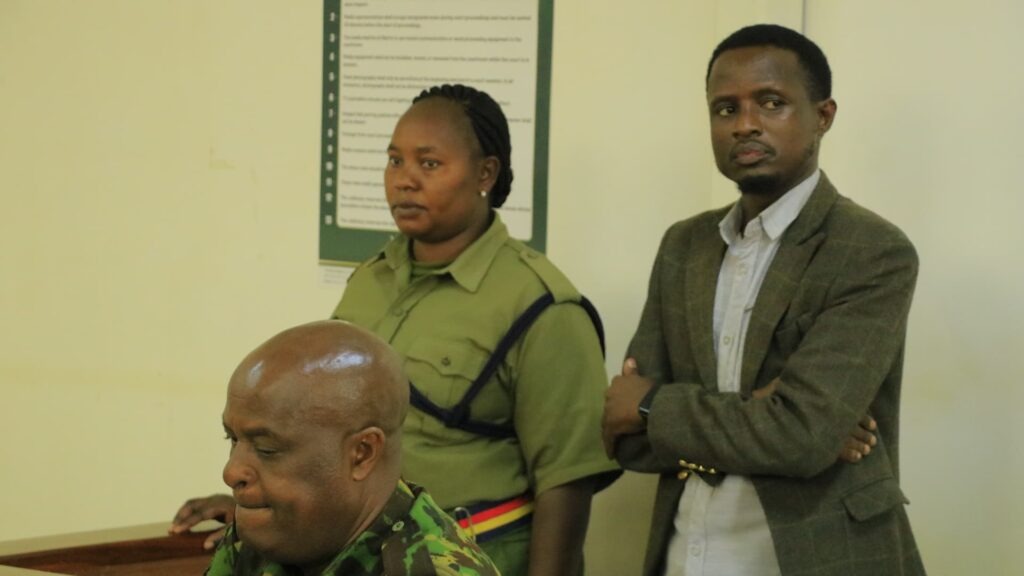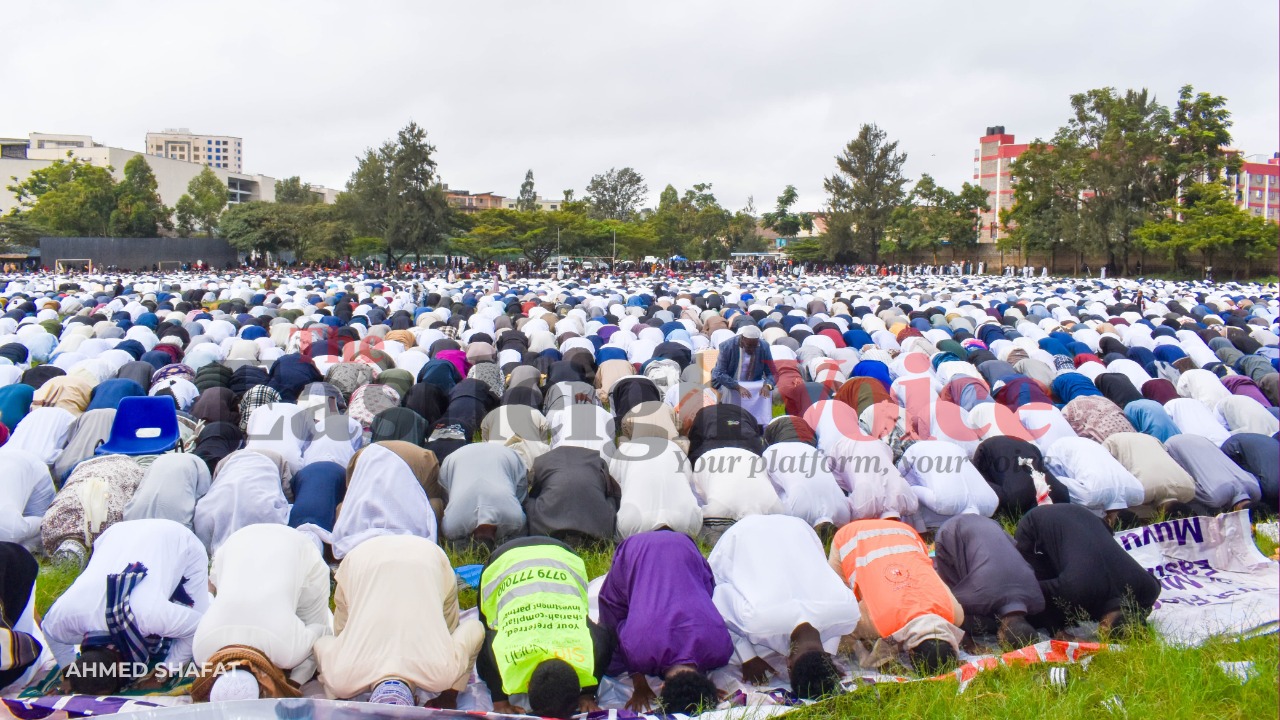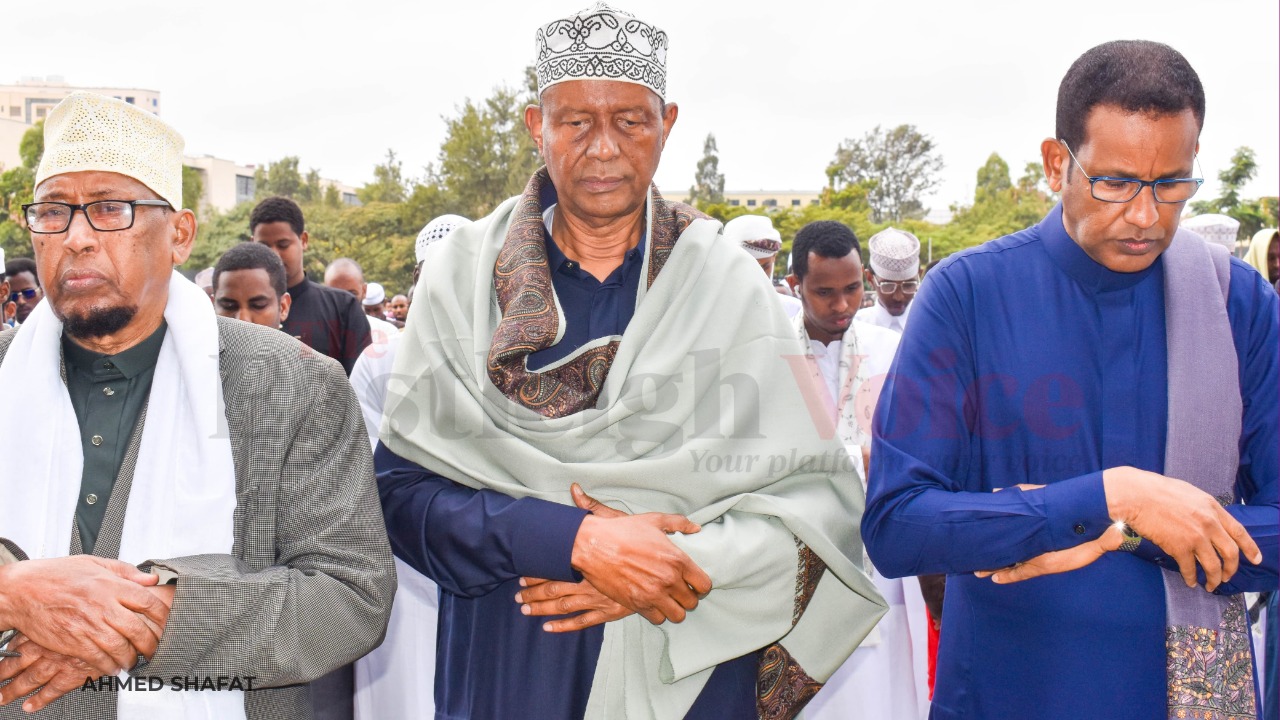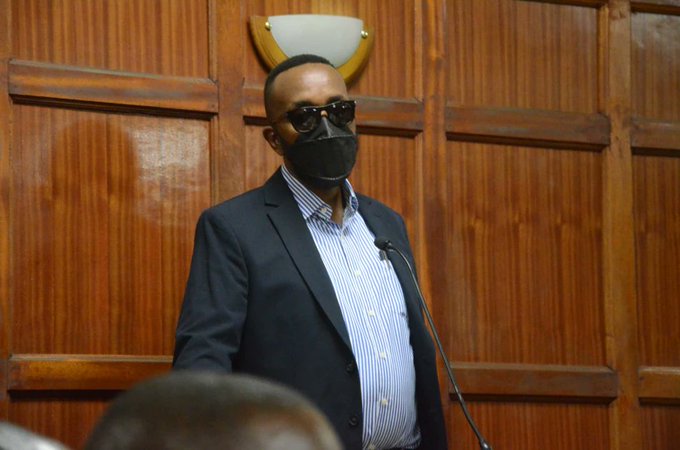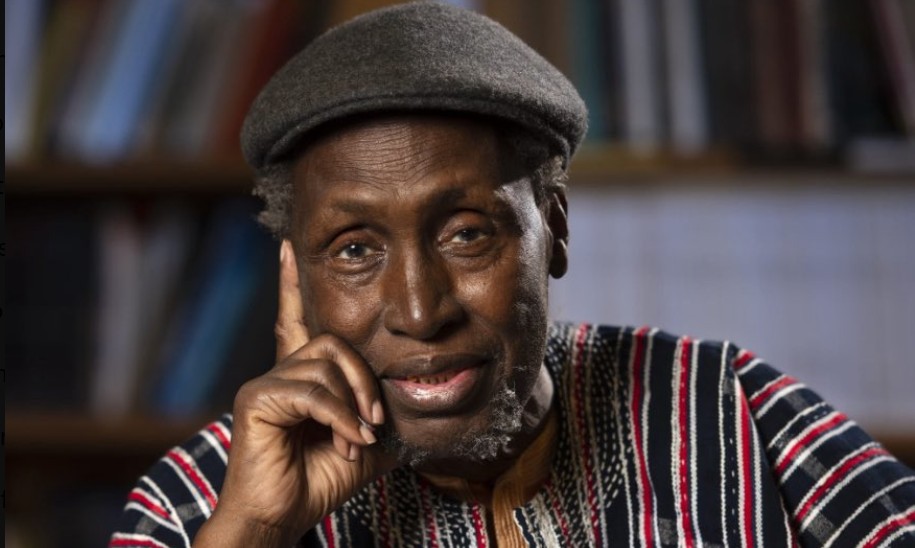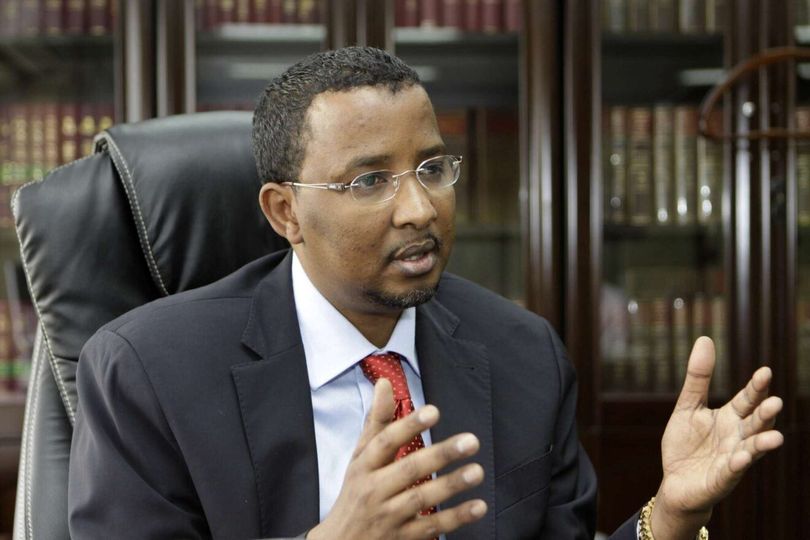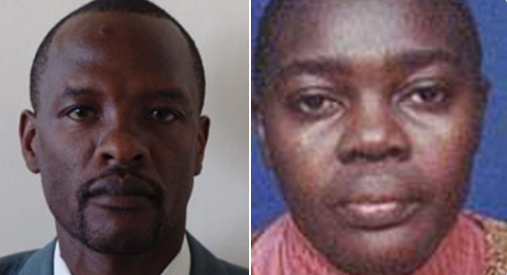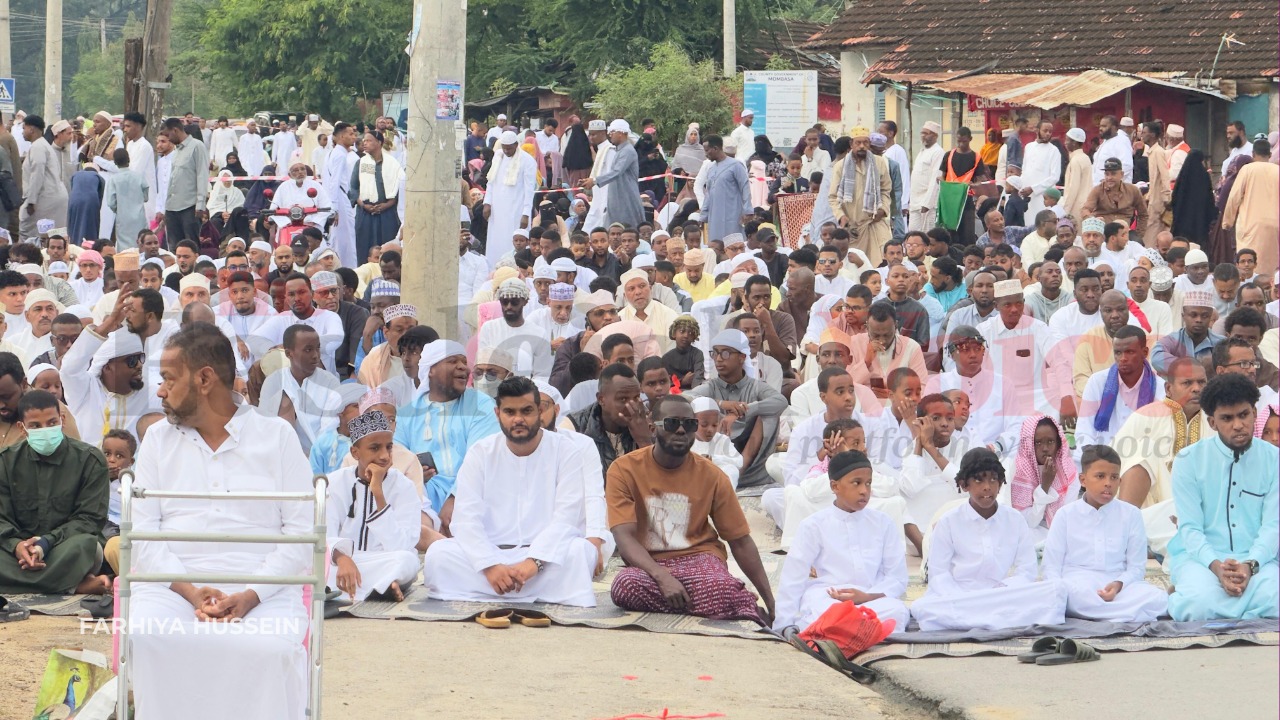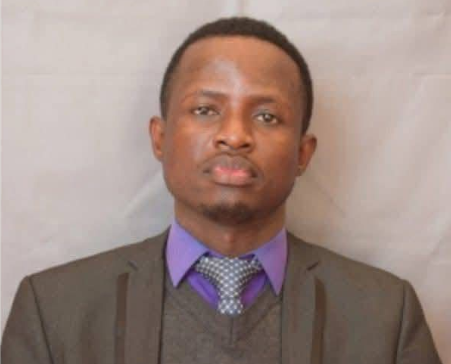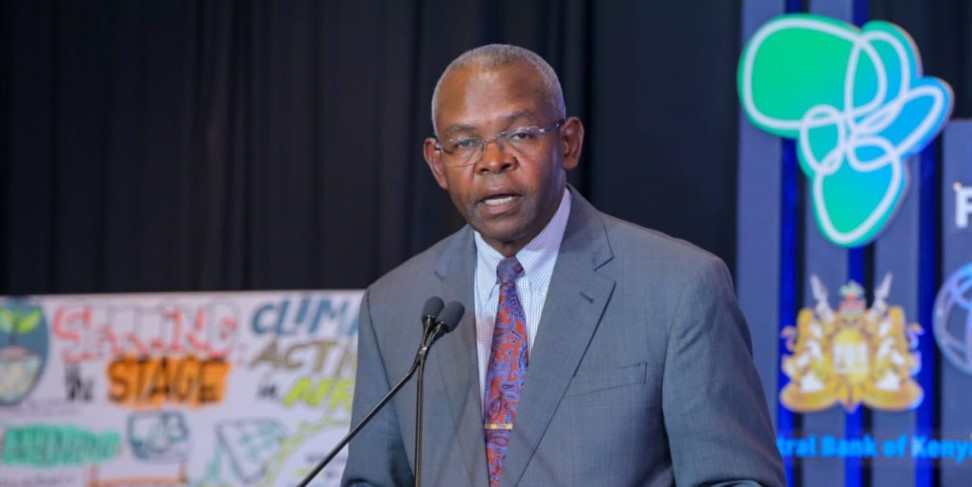Ethiopia has no hidden agenda in Somaliland port deal - PM Abiy's adviser
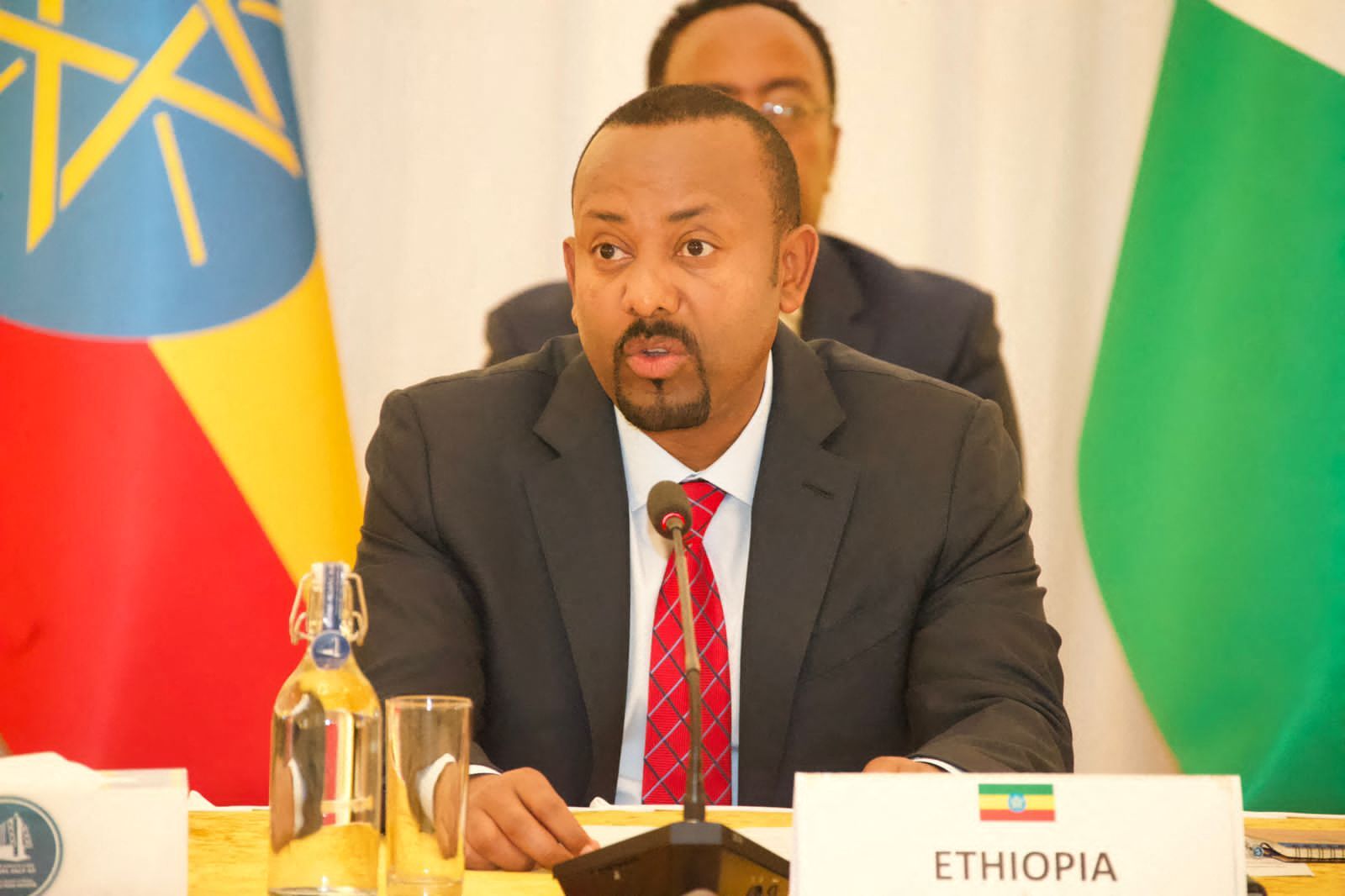
In his comments on the situation thus far, Redwan explained that "the signed MoU with Somaliland is a deal for cooperation and partnership that grants Ethiopia access to sea on business terms".
Ethiopia, in signing a maritime deal with Somaliland, is not attempting annexation or aiming to violate any country's sovereignty, Prime Minister Abiy Ahmed's National Security Adviser, Redwan Hussien, has said.
The two countries are feuding over a Memorandum of Understanding (MoU) that Ethiopia signed with Somaliland, a breakaway region of Somalia that claims autonomy but is not recognised as such.
More To Read
- More Ethiopians than Somalis migrating irregularly to Kenya, IOM report reveals
- IGAD Climate centre predicts heavy rains for Horn of Africa, urges flood preparedness
- IGAD raises alarm over rising migration and urban strain in the Horn of Africa
- Somaliland at crossroads: Could US geostrategic interests break recognition deadlock?
- Horn of Africa region records sharp increase in violent extremism attacks- IGAD report
- East Africa Trade Corridor forum seeking to boost regional trade opens in Addis Ababa
The MoU allowed landlocked Ethiopia to lease a 20-kilometre marine base from Somaliland, for military and commercial use, in exchange for recognition and a stake in the national Ethiopian Airways. Somalia, however, insists that Ethiopia has violated its sovereignty.
Thus far, both PM Abiy and Somalia President Hassan Sheikh Mohamud have refused to stand down, despite calls by several regional bodies, but they both say they want a peaceful solution.
In his comments on the situation thus far, Redwan explained that "the signed MoU with Somaliland is a deal for cooperation and partnership that grants Ethiopia access to the Red Sea on business terms."
"It isn't annexation or assumption of sovereignty over the territory of any state," he said, warning that some actors in the conflict have not supported Somalia much over the years, where it has been in dire need of this, but are now "trying to present themselves as its true friends." Redwan did not name any of these actors.
"It is clear that what motivates them is not amity towards Somalia but animosity towards Ethiopia. Their agenda is not peace and security in the Horn of Africa. Far from it. What they want to sow is discord and chaos. The jingoism we're witnessing escalates tensions and only serves the interests of opportunistic external actors."
Redwan highlighted "Ethiopia’s commitment to peace and security in Somalia," saying "it has been demonstrated through the blood and sweat of its precious sons and daughters."
"Ethiopia and Somalia are not just neighbours who share a border but fraternal nations sharing a common language, culture, and people. The ties that bind us are stronger. Our destiny is entwined and inseparable," he said.
Redwan said Ethiopia wants to partner with all neighbouring countries to promote comprehensive regional integration as it "firmly believes continued dialogue is the better option" and not "statements, posturing, and rhetoric that unnecessarily ratchet up tension.".
Regional calls
Redwan's remarks came just as Egypt declared full support for Somalia in the conflict, with President Abdel Fattah El-Sisi saying his country would not tolerate any threat to President Hassan Sheikh's country.
At their meeting at Al-Ittihadiya Palace in Cairo, Egypt, Presidents Abdel and Hassan Sheikh discussed how to enhance bilateral relations and address regional challenges such as the Ethiopia-Somaliland maritime deal.
Speaking to the media afterwards, El-Sisi noted that Somalia's rights are enshrined in the Charter of the Arab League, the common defence against any threat to it. Somalia entered the Arab League on February 14, 1974, which was 14 years after it attained independence.
To quell the tensions between Ethiopia and Somalia, regional leaders discussed their case at the 42nd Extraordinary Session of the IGAD Assembly of Heads of State and Government and the Non-Aligned Movement (NAM) Summit, both of which took place in Kampala, Uganda, last week.
At the NAM summit on Friday, President Hassan Sheikh noted that his country has always championed territorial integrity, sovereignty, and non-interference as enshrined in the NAM Charter.
He described the MoU signed on January 1, 2024, as "a clear violation of Somalia's sovereignty and a breach of international laws and morals" and said his country was ready for mutual and beneficial commercial and trade agreements, in line with regional and international mechanisms such as the Horn of Africa Initiative and the IGAD Red Sea Strategy.
This, he noted, offers genuine partnerships, such as those seen between landlocked Uganda and Kenya.
Ethiopian Prime Minister Abiy Ahmed, who skipped the IGAD summit but attended NAM's, defended his country's deal with Somaliland, explaining that landlocked countries grapple with serious challenges in their quests for stability and development. He added, however, that his country, just like Somalia, was seeking a peaceful and mutually beneficial solution.
In Uganda earlier on Sunday, at the Third Summit of the Group of 77 and China, United Nations Secretary-General Antonio Guterres urged the two countries to open dialogue to settle their dispute. The African Union (AU) and the East African Community (EAC) have also urged the feuding countries to find a peaceful resolution.
Top Stories Today
